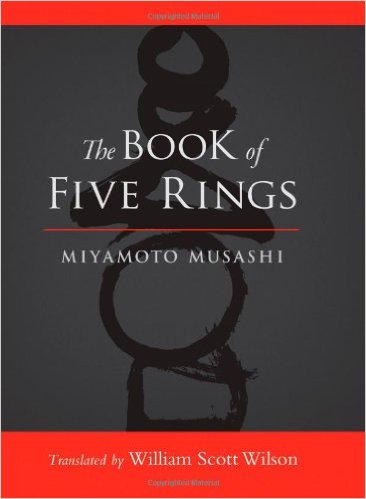End of the era of baseline power plants?
[Hydro storage at the Helms Pumped Storage Plant, located 50 miles east of Fresno,] which began operating in 1984, was supported by regulators because it was assumed there would be excess power at night from California’s baseload nuclear power plants. Now the opposite is occurring. As more and more solar power gets connected to the grid both in front of and behind the meter, there is the potential for excess power being generated in the middle of the day. The 1,212-megawatt Helms project and other sources of energy storage can be used to absorb excess solar power and dispatch it later in a flexible manner when consumers need the power.
Good discussion of effect of tax credits and grid parity on renewables. Currently, wind can bid negative prices in and still make money if the market clears in the negative $/MWh range, because of tax credits. When the tax credits expire and renewables dominate the grid, what do the markets clear at? How do renewable developers make money if peaks are eliminated from the load curve? They’re not making much money installing the power, as a race to the bottom has dropped payments to installers.
Solar plus storage: With SolarCity deal, Tesla aims to speed clean energy transition.
In order to solve the sustainable energy problem, you need sustainable energy generation, you need storage because of the intermittency of solar and wind, and then you need to have electric transport,” he said. “Those are the three ingredients we need to have a good future, so that’s kind of how I think about things — not that we’re an automotive company or anything like that. -Musk
The Rise of the Regional Solar Installer. I’m finding it more and more likely that the most prominent national solar installers today are putting all the work/money into developing cheap solar power. In a few years, a new company will swoop in (perhaps from these regional installers), use the ‘lessons learned’ from the current solar developers, and use a demonstrably better business plan to corner the market. Thus, it is possible that the big gorilla of the solar industry will not be one of the national names you may have already heard.


